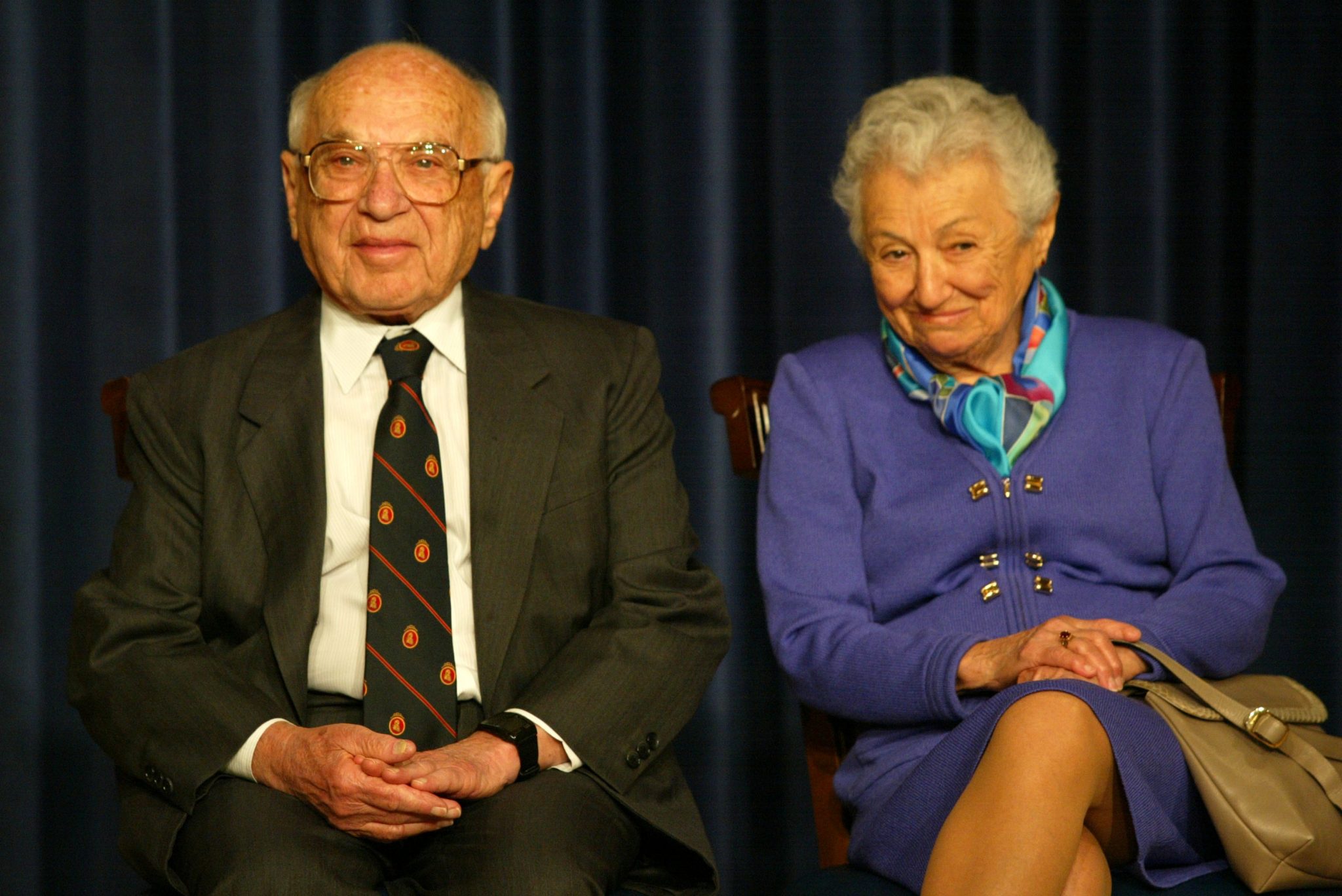
Fifty years on, Friedman was right: businesses answer to shareholders
by Josh WilliamsYesterday marked fifty years since the publication of one of the most important articles in business history, written by Milton Friedman, the pint-sized American economist, and published in the New York Times.
Friedman’s article had a simple argument but one with a profound impact. “There is one and only one social responsibility of business,” he wrote, “to use its resources and engage in activities designed to increase its profits.”
Read more: Exclusive: BoE’s chief economist Andy Haldane warns against furlough extension
Friedman’s doctrine, often called ‘shareholder primacy’, proved popular in the boardrooms of corporate America. It absolved businesses of their wider social responsibilities and allowed them to pursue profit at any cost. A straight line links Milton Friedman and Gordon “greed is good” Gekko.
In recent years, however, Friedmanism has fallen from favour. In 2019, the Business Roundtable, a club of America’s top CEOs, turned its back on shareholder primacy. 181 CEOs instead signed a letter declaring “a fundamental commitment to all of our stakeholders.”
The Davos-set followed suit, meeting last year under the jargonistic banner, “Stakeholders for a Cohesive and Sustainable World”.
Where these new stakeholder capitalists have warm words, Friedman had a cool head and he is cast aside at our peril. His argument was precise and specific. Eschewing abstraction and grandiosity, he argued that business leaders were ultimately accountable to those who employed them – the shareholders of a company – and we should expect nothing else.
The incentives are indeed clear. Executives who intend to keep their jobs must act in the interests of their employer. While they might claim fealty to an amorphous blob of “stakeholders”, when their biggest shareholder calls they pick up the phone.
Examining the reality of stakeholder capitalism, rather than its rhetoric, has indeed cast doubts on the project. Research published last year showed that those who signed the Business Roundtable letter commit more environmental and labour-related violations than their peers and are more active lobbyists.
The flood of money into so-called ESG funds – those that favour companies with positive environmental, social and governance credentials – further illustrates the challenges of “stakeholder capitalism”.
Profits are easy to measure, but social good is harder. The fast-fashion retailer Boohoo, for instance, was backed by 20 ESG funds and was AA rated for labour standards. Their Leicester factory suggested other priorities. Working conditions were, by the company’s own admission, “woefully short of any standards acceptable in any workplace.”
Friedman thought a business bent on profit was a force for moral good. Capitalism, for Friedman, was freedom, the antithesis to the political and economic repression that had consumed Eastern Europe, from which his parents had earlier fled.
The pursuit of profit has indeed achieved extraordinary things. We are healthier and wealthier because of it. Capitalism set free the ingenuity of humanity, lifting billions, across the world, out of poverty.
But Friedman was naïve to think that capitalism is an unalloyed good. Some businesses sell products that harm us, fostering addictions and damaging the environment. Some mislead, propagandising against the damage they cause. Many lobby governments to promote their own interests at the expense of others.
Stakeholder capitalism suggests that companies can regulate themselves to be better. But it is Friedman’s philosophy that has the stronger grasp of what really drives a business.
Read more: UK signs €1.4bn deal for Valneva coronavirus vaccine
This leads us ultimately to a conclusion that Friedman, who believed the state should be as small as possible, would little have liked. Companies, in the pursuit of profit, can do extraordinary things. But we ought not look to them to regulate themselves.
Let Friedman be a reminder to any government who hands that responsibility to a stakeholder capitalist. Often for better and sometimes for worse, their shareholders will come first.